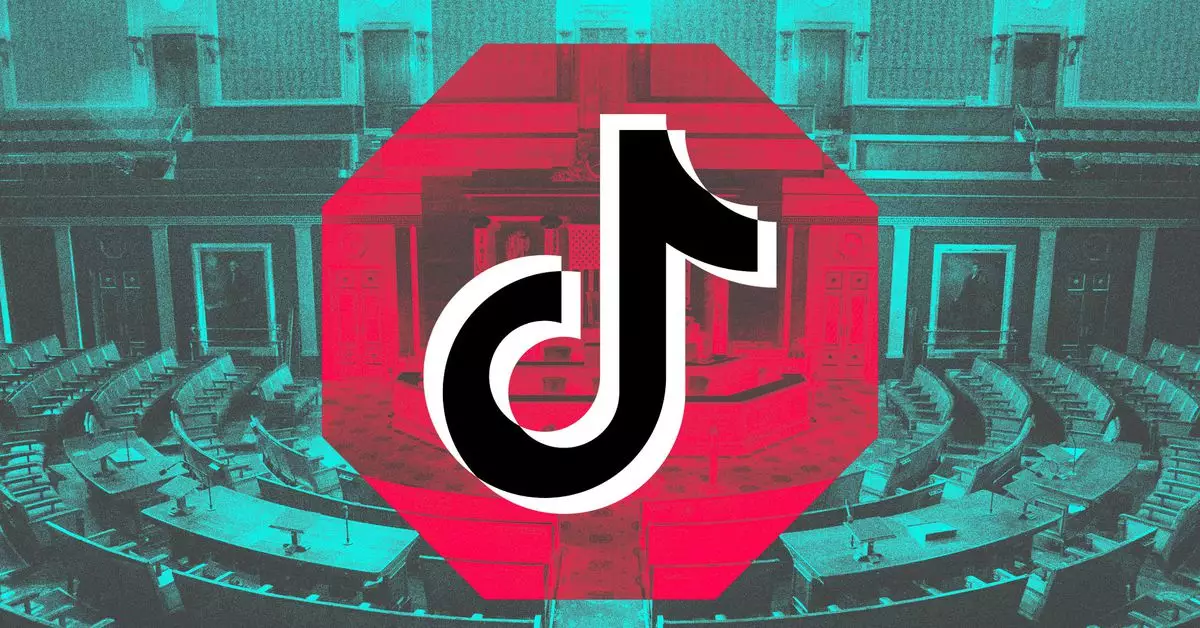The recent passage of a bill in the Senate that would force China-based company ByteDance to sell TikTok or face a US ban has sparked intense debate and raised important questions about data security and national interests. The bill, now heading to President Joe Biden for final approval, has significant implications for the tech industry and beyond.
Lawmakers and intelligence officials have expressed concerns about TikTok’s ownership by a China-based company and the potential risks this poses to the data of its US users. The Chinese national security law allows the government to compel companies to hand over internal information, raising fears about espionage and surveillance activities. While TikTok is based in Singapore and claims not to store US data in China, the possibility of Chinese government influence remains a major point of contention.
The bill’s passage in the Senate was facilitated by clever political maneuvering in the House, which strategically bundled the TikTok legislation with a high-priority foreign aid package. By extending the timeline for ByteDance to complete a sale of TikTok, lawmakers were able to secure more support in the Senate and expedite the legislative process. The bill passed with a significant majority, reflecting the bipartisan concern over national security and data privacy issues.
Senate Committee Chair Maria Cantwell emphasized that the legislation is not aimed at punishing ByteDance or TikTok but rather at preventing foreign adversaries from engaging in espionage and malicious activities that could harm Americans, servicemen and women, and government personnel. The concern over Chinese companies prioritizing government obligations over customer and shareholder interests underscores the need for stringent regulations and oversight.
While some young Americans fear that the legislation could lead to the disappearance of TikTok, Senate Intelligence Committee Chair Mark Warner reassured them that the goal is not to silence voices but to mitigate the national security risks associated with the platform. Warner highlighted the inadequate nature of TikTok’s proposed solution, Project Texas, which would still leave critical aspects of the platform under Chinese government control. By acknowledging the concerns of young users and emphasizing the need for meaningful consumer protections, Warner sought to bridge the gap between public skepticism and legislative intent.
President Biden’s commitment to signing the bill into law underscores the urgency of addressing national security threats and safeguarding the interests of American citizens. The swift action to provide support to Ukraine reflects the broader geopolitical implications of the TikTok legislation and its role in shaping US foreign policy. As the tech industry grapples with increased regulatory scrutiny and concerns over data governance, the passage of this bill represents a critical step towards ensuring accountability and transparency in the digital age.
The TikTok legislation highlights the complex interplay between tech companies, national security interests, and legislative oversight. As the digital landscape continues to evolve, policymakers must remain vigilant in addressing emerging threats and safeguarding the privacy and security of all users. The passage of this bill signals a shift towards greater transparency and accountability in the tech industry, setting a precedent for future regulatory actions and data governance practices.


Leave a Reply